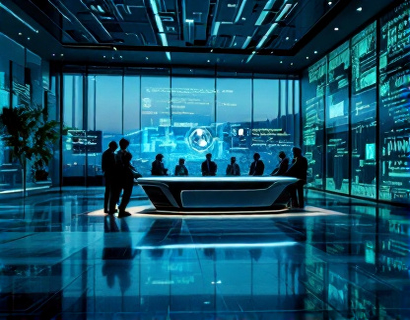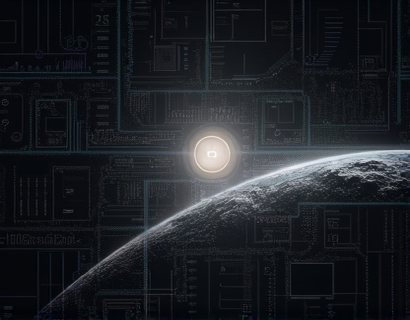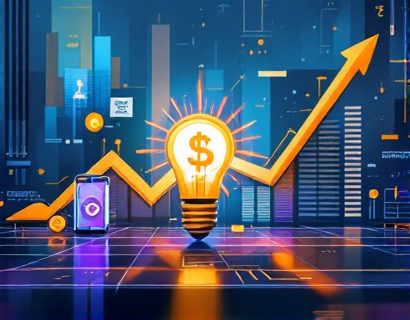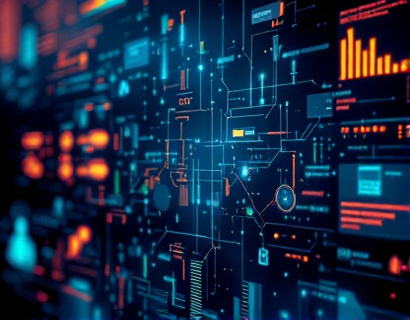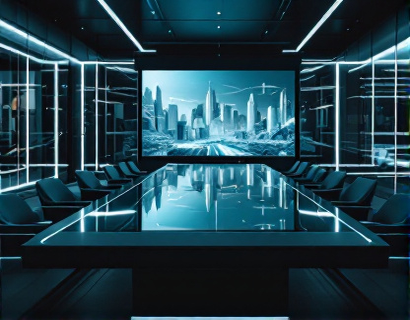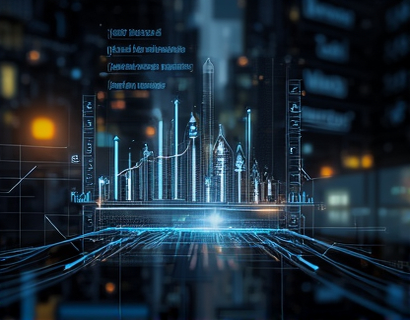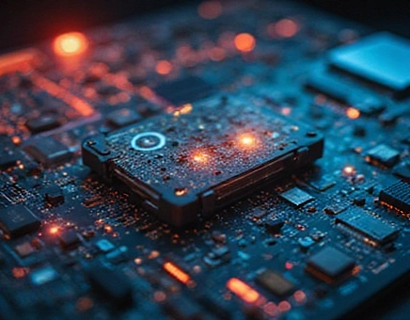Elevate Your Restaurant: Expert Management Software for Streamlined Operations and Enhanced Customer Experiences
In the competitive world of dining, restaurant owners and managers face numerous challenges daily. From managing staff schedules and inventory to ensuring seamless customer service, the tasks can be overwhelming. However, with the advent of expert management software, these challenges can be significantly mitigated. This software is designed to optimize operations and enhance customer experiences, streamlining workflows and communication to deliver exceptional dining experiences while boosting efficiency.
The primary goal of implementing such software is to create a more organized and efficient restaurant environment. By automating routine tasks and providing real-time data, restaurant management software allows owners and managers to focus on what truly matters: providing an outstanding dining experience for customers. This article delves into the various ways expert management software can transform a restaurant's operations and customer interactions.
Streamlining Internal Operations
One of the most significant benefits of restaurant management software is its ability to streamline internal operations. Managing a restaurant involves numerous moving parts, and keeping everything in order can be a daunting task. Here are some key areas where the software can make a substantial difference:
- Staff Management: Scheduling, time tracking, and attendance can be managed efficiently. The software can automatically generate schedules based on sales forecasts, employee availability, and legal requirements, ensuring that the right staff is on duty during peak times.
- Inventory Control: Real-time inventory tracking helps prevent overstocking or stockouts. The software can alert managers when items need to be reordered, reducing waste and ensuring that popular items are always in stock.
- Financial Management: Automated financial reporting and accounting features provide clear insights into the restaurant's financial health. This includes tracking revenue, expenses, and profit margins, making it easier to make informed business decisions.
- Order Management: From taking orders to processing payments, the software can handle the entire order lifecycle. This reduces errors and speeds up service, leading to higher customer satisfaction.
By automating these tasks, restaurant staff can focus on providing excellent service, which is crucial for building a loyal customer base. The software acts as a backbone, supporting the day-to-day operations and allowing the team to operate more smoothly and efficiently.
Enhancing Customer Experiences
Customer experience is paramount in the restaurant industry. A positive dining experience can lead to repeat business and positive word-of-mouth, which are invaluable for any restaurant. Expert management software enhances customer experiences in several ways:
Personalized Service: With detailed customer data, staff can provide personalized service. The software can track customer preferences, order history, and special requests, enabling staff to tailor their service to each guest's needs.
Faster Service: Efficient order management systems reduce wait times and improve service speed. Customers are more likely to leave positive reviews and return to a restaurant that can deliver quick and accurate service.
Seamless Communication: The software facilitates better communication between the front and back of the house. Orders can be transmitted directly to the kitchen, reducing miscommunications and errors. This ensures that dishes are prepared correctly and delivered promptly.
Feedback Management: Collecting and analyzing customer feedback is crucial for continuous improvement. The software can streamline the feedback process, from collection to analysis, helping managers identify areas for improvement and implement changes swiftly.
Improving Operational Efficiency
Operational efficiency is key to the success of any restaurant. Expert management software contributes to this by optimizing various aspects of the business:
Resource Optimization: By analyzing sales data and customer patterns, the software can help optimize staffing and resource allocation. This ensures that resources are used efficiently, reducing waste and lowering costs.
Energy Management: Some advanced systems can even monitor and manage energy usage, helping to reduce utility costs. Features like automated lighting and temperature control can contribute to a more sustainable and cost-effective operation.
Reporting and Analytics: Comprehensive reporting tools provide insights into various aspects of the business, from sales performance to employee productivity. These insights can inform strategic decisions and help identify opportunities for growth and improvement.
Boosting Employee Productivity
Employee productivity is closely tied to the overall success of a restaurant. Management software can significantly boost productivity in the following ways:
Streamlined Workflows: By automating routine tasks, employees can focus on higher-value activities. For example, automated scheduling reduces the time spent on manual scheduling, allowing staff to focus on customer service.
Training and Development: The software can include training modules and resources, helping new employees get up to speed more quickly. This ensures that the team is well-equipped to handle their responsibilities, leading to better service and higher efficiency.
Motivation and Recognition: Some systems offer features to recognize and reward employee performance. This can boost morale and motivation, leading to a more engaged and productive workforce.
Enhancing External Customer Interactions
Customer interactions extend beyond the dining experience itself. Expert management software can enhance these interactions in several external touchpoints:
Online Reservations: A integrated reservation system allows customers to book tables easily through the restaurant's website or app. This not only improves the customer experience but also provides valuable data on booking patterns.
Mobile Ordering and Payment: With the rise of mobile technology, offering mobile ordering and payment options can significantly enhance customer convenience. The software can integrate with popular delivery platforms or enable customers to order and pay directly through the restaurant's app.
Loyalty Programs: Implementing a loyalty program can encourage repeat visits. The software can manage loyalty accounts, track rewards, and send personalized offers to customers, fostering a stronger relationship with the brand.
Conclusion
Expert management software is a powerful tool for restaurant owners and managers looking to elevate their operations and customer experiences. By streamlining internal processes, enhancing customer interactions, and boosting employee productivity, this software can transform a restaurant into a well-oiled machine. While the initial investment in such software may seem significant, the long-term benefits in terms of efficiency, customer satisfaction, and profitability make it a worthwhile consideration for any serious restaurant business.












